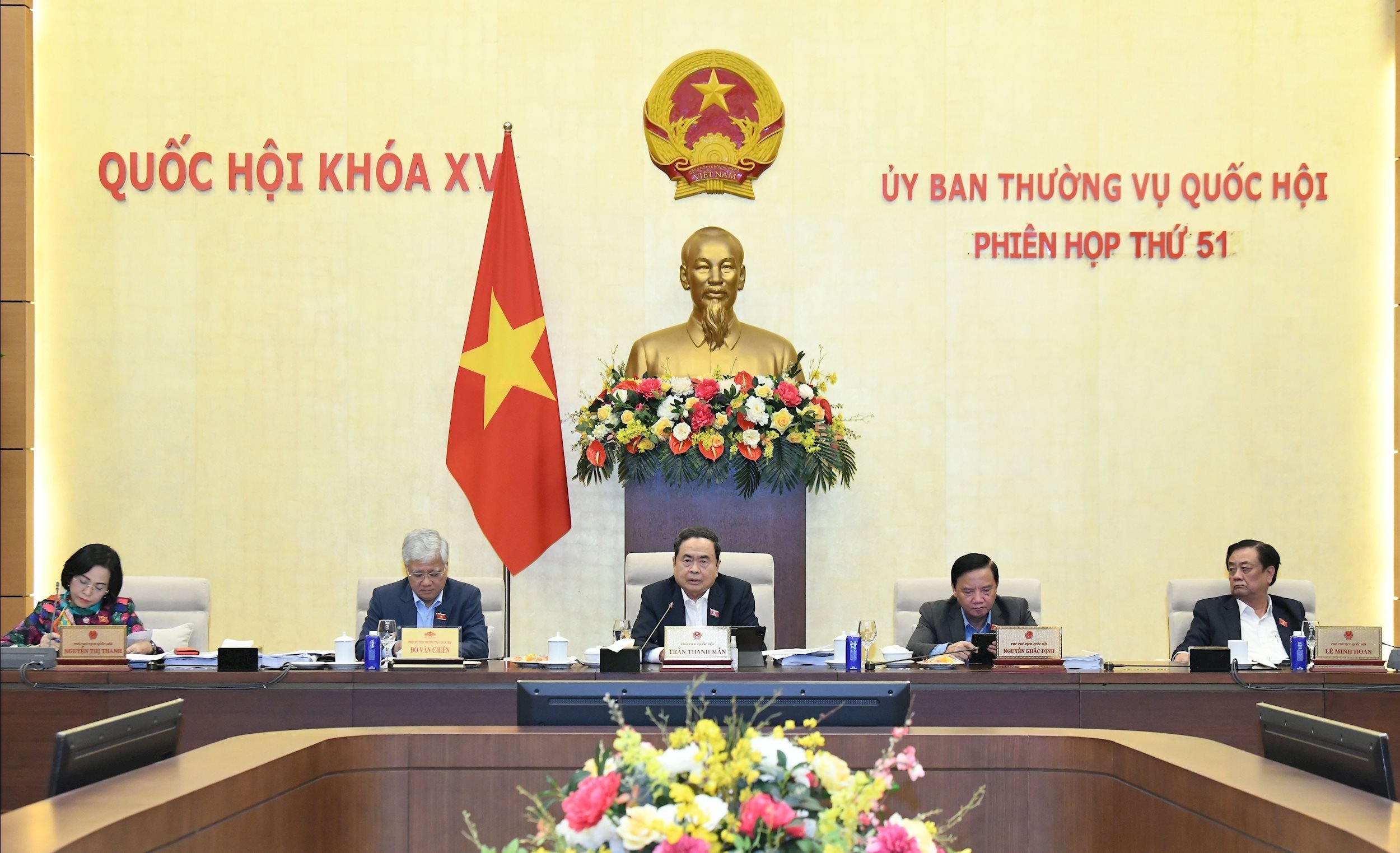
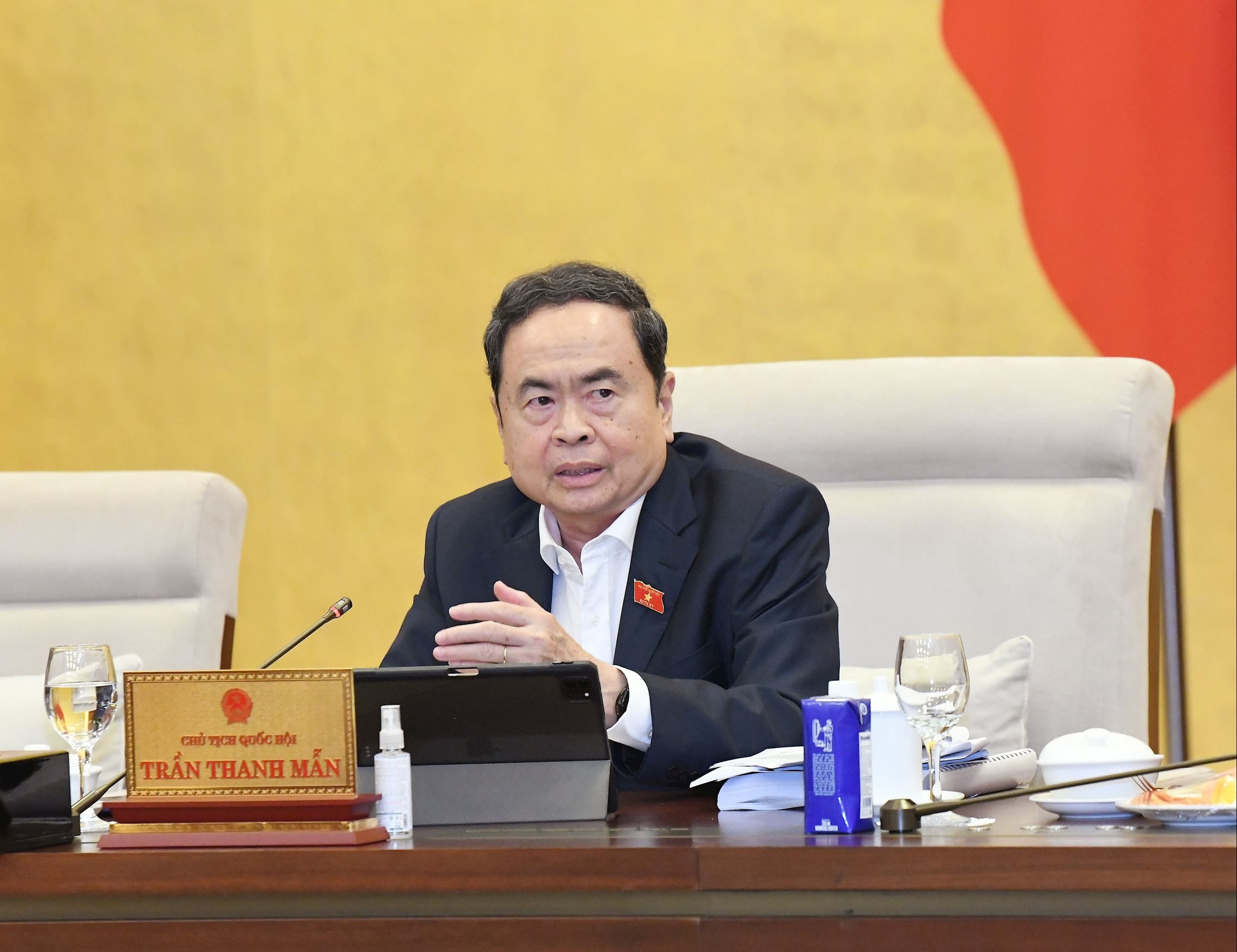

On the afternoon of November 17, under the direction of Vice Chairman of the National Assembly Le Minh Hoan, the National Assembly Standing Committee gave opinions on the draft Law on Artificial Intelligence.
Risk-Based Management, Classifying AI into Four Levels
Briefly presenting the draft Law, Minister of Science and Technology Nguyen Manh Hung said that the draft Law consists of 8 chapters and 36 articles regulating the promotion of research, development, provision, deployment and use of artificial intelligence systems; rights and obligations of relevant organizations and individuals and state management of artificial intelligence activities in Vietnam.
In particular, Chapter II of the draft Law on Classification and Management of Artificial Intelligence Systems by Risk presents a risk-based management approach, classifying artificial intelligence into four levels and imposing corresponding obligations. Accordingly, artificial intelligence systems are classified by risk, with four levels of risk including: unacceptable risk: the system has the potential to cause serious, irreparable harm; high risk: the system can cause damage to life, health, rights, and legitimate interests; medium risk: the system has the potential to confuse, manipulate, or deceive users; low risk: the remaining cases.
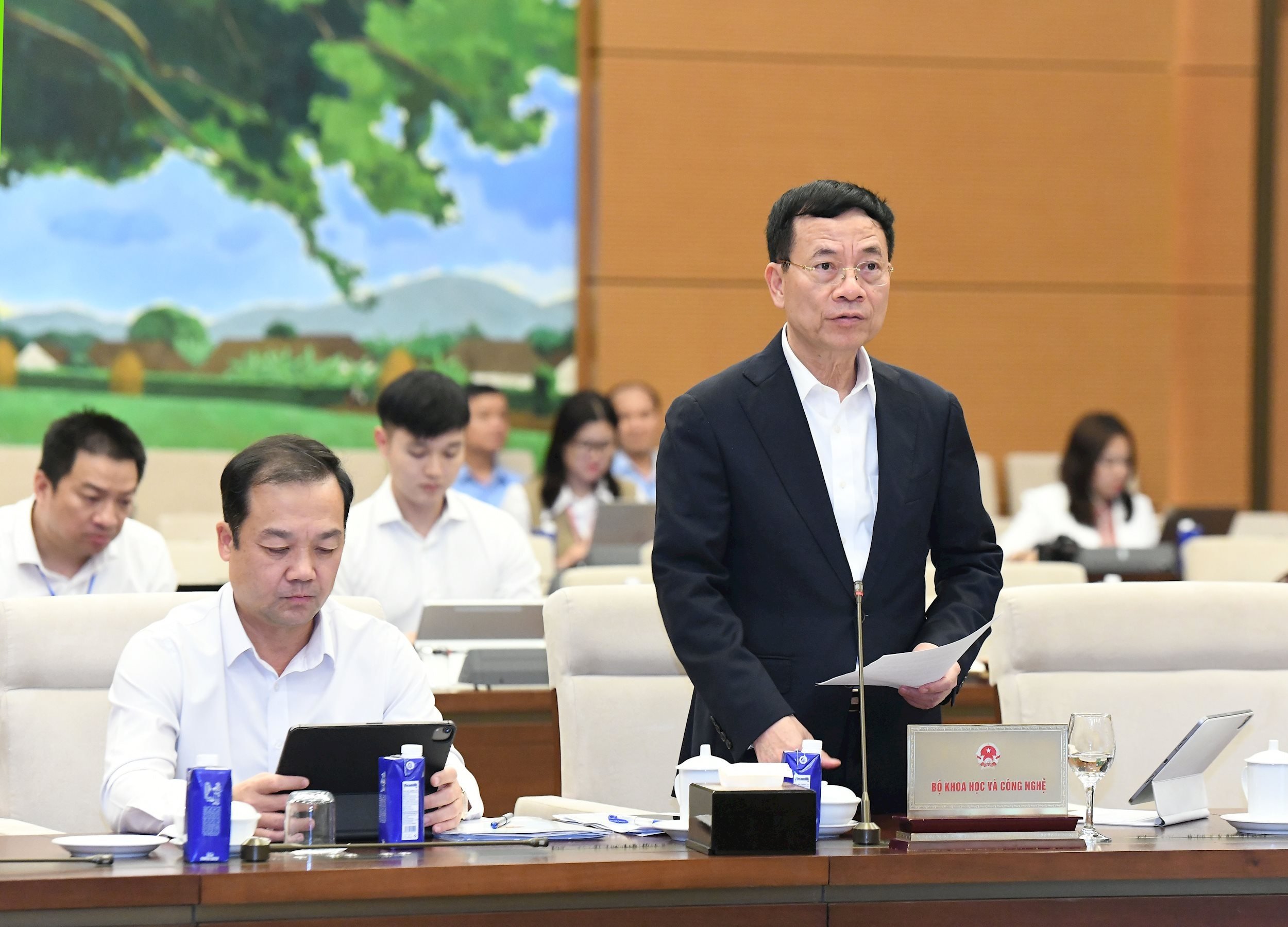
Suppliers must self-classify the system before circulation and are responsible for the classification results. For medium and high risk systems, suppliers must notify the Ministry of Science and Technology via the One-Stop Information Portal. The competent authority has the right to check and re-evaluate the classification.
The draft Law stipulates the responsibility for transparency, labeling and accountability. Specifically, the deployer must clearly notify and label content created or edited with fake elements, simulating real people (deepfake) that can cause misunderstanding, or content created by artificial intelligence for communication and advertising purposes. Suppliers and deployers must explain the processing results of high-risk systems when requested by affected people.
Regarding incident handling, the draft Law specifies that the parties are responsible for promptly fixing, suspending or withdrawing the system and reporting via the One-Stop Information Portal.
The development of the Law on Artificial Intelligence is very necessary and urgent. Therefore, the Minister of Science and Technology proposed that the draft Law on Artificial Intelligence be submitted to the National Assembly for consideration and approval at the 10th Session.
Briefly presenting the Report on the review of the draft Law, Chairman of the Committee on Science, Technology and Environment Nguyen Thanh Hai said that the contents of the draft Law are basically consistent with the provisions of the Constitution and consistent with the legal system.
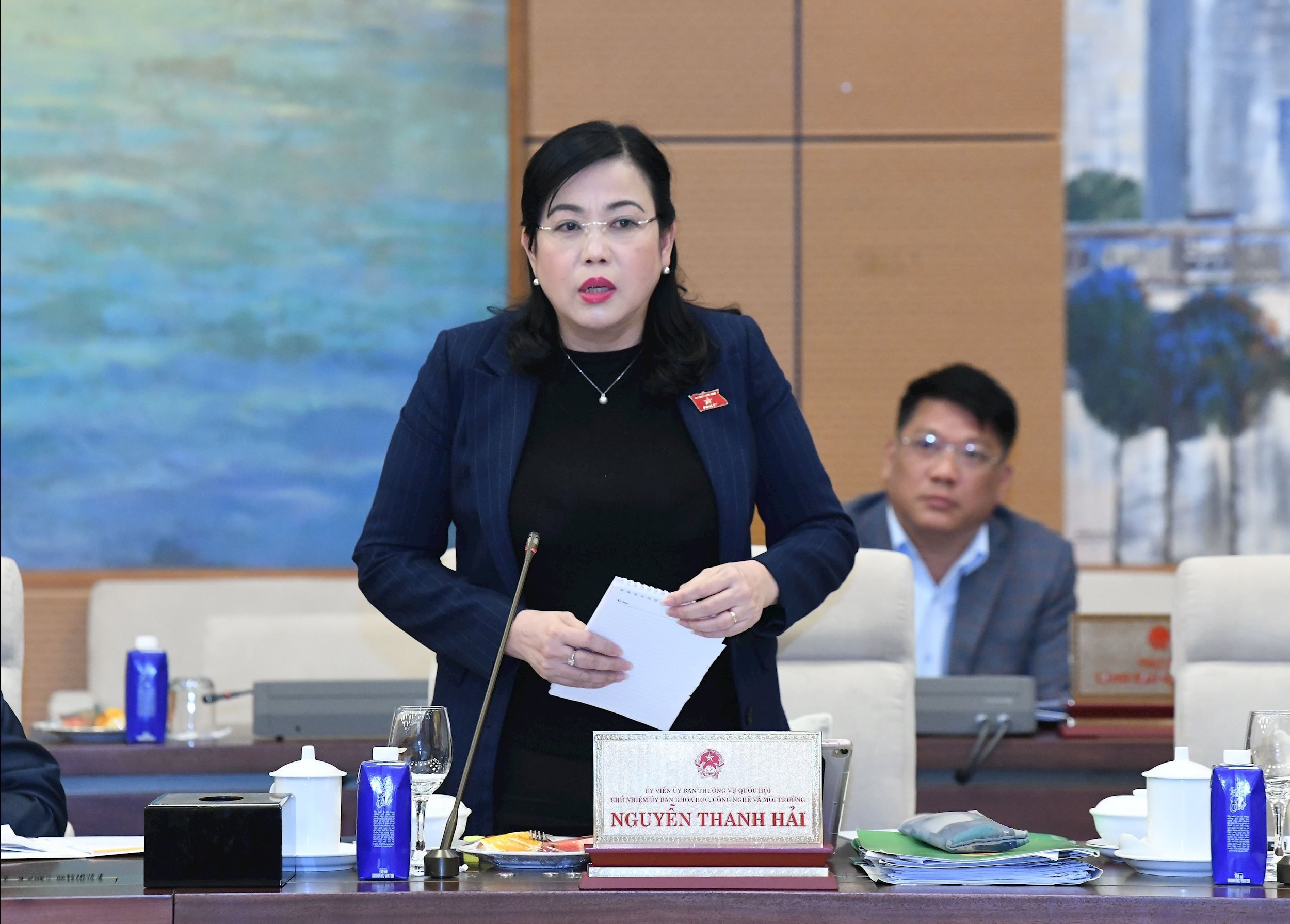
However, it is recommended that the inspection agency continue to review the consistency with a number of laws such as the Civil Code, the Law on Product and Goods Quality, the Law on Technical Standards and Regulations, etc.; clarify the relationship between this Law and related specialized laws (in the fields of education, health, traffic, press, etc.); the draft Law on Intellectual Property (on the issue of intellectual property protection for products created by AI, on the content of general education, university and vocational education programs on AI).
Regarding compatibility with international treaties, it is recommended to continue reviewing and especially updating the content of the United Nations Convention against Cybercrime (Hanoi Convention) recently signed in Hanoi.
Regarding the classification and management of AI systems according to risks, based on international experience and Vietnam's reality, the Committee agrees to classify the risks of artificial intelligence systems into 4 levels (unacceptable risk; high risk; medium risk; low risk).
However, the draft Law has not clearly defined quantitative or qualitative criteria for identifying and classifying risks. In reality, there is a lack of management measures, tools and methods for risk assessment, making classification difficult, especially “unacceptable risks”, leading to concerns about legal liability in implementation.
Regarding self-classification and risk management, the Committee on Science, Technology and Environment proposed to study and supplement regulations on open principles in classification so that ministries and specialized management agencies can issue detailed instructions suitable for each field; supplement principles on determining the level of risk based on the level of autonomy of the system, scale of impact, ability to spread, risk of affecting human rights, security and social safety; urgently develop a roadmap, set of quantitative criteria, measurement tools and technical guidelines with reference to international ISOs to provide more suitable criteria.
At the same time, it is recommended to review and reduce pre-inspection regulations such as technical documents and activity logs before putting them into circulation, which can increase compliance costs for businesses, slow down the process of innovation and AI application, reduce competitiveness and investment attraction, and strongly shift to a post-inspection mechanism.
Timely legal framework is needed to control and effectively deploy AI.
Speaking at the meeting, National Assembly Chairman Tran Thanh Man stated that the Law on Digital Technology Industry, passed by the National Assembly at the 9th Session, effective from May 1, 2026, has Chapter IV regulating artificial intelligence (AI), defining principles of development and risk management. This is the first legal framework on AI in Vietnam but is not yet an independent law; the Law on Artificial Intelligence will be the law to develop and manage AI in the coming time.
According to the National Assembly Chairman, artificial intelligence is becoming a core driving force for socio-economic development, national security and international integration. However, anything that is an opportunity will also have many challenges, so a timely legal framework is needed to control and implement it effectively.
The National Assembly Chairman suggested that the draft Law needs to ensure four main pillars : first, promoting innovation, creating a clear legal corridor for research and commercialization of AI. Second, ensuring human rights, transparency, fairness, responsibility, and accountability in AI systems. Third, managing risks according to four levels of AI impact as stipulated in the draft Law. Fourth, international cooperation and harmonization with global standards, while maintaining national data sovereignty.
At the same time, the National Assembly Chairman emphasized that the draft Law needs to ensure its own unique features: taking people as the center, ensuring cybersecurity, national autonomy and international integration, sustainable inclusive development, balanced and harmonious governance.
Considering that classifying AI management according to risk levels is an innovative highlight, helping to effectively control AI systems that can affect national security, human rights and social order, the National Assembly Chairman emphasized that we need to learn from experience while doing, upgrade while doing, and learn while doing.
The National Assembly Chairman also pointed out that many domestic enterprises have entered this AI field, so there needs to be a framework law for management; the Government is assigned to guide implementation to suit each time and each stage.
The National Assembly Chairman also suggested that it is necessary to pay attention to strengthening regulations on personal data protection and privacy; ensuring harmony with the 2018 Law on Cyber Security; updating regulations in international commitments that our country participates in such as the Budapest Convention on Crime, or most recently the Hanoi Convention on Cybercrime Prevention and Control. Supplementing an inter-sectoral mechanism between the Ministry of Science and Technology, the Ministry of Public Security, the Ministry of National Defense and relevant ministries, because managing the internet and ensuring network safety and security are not the responsibility of a separate ministry or sector.
Regarding legislative techniques, the National Assembly Chairman noted that the draft Law needs to continue to be reviewed to ensure feasibility, have clear transitional provisions, and avoid overlapping with specialized laws.
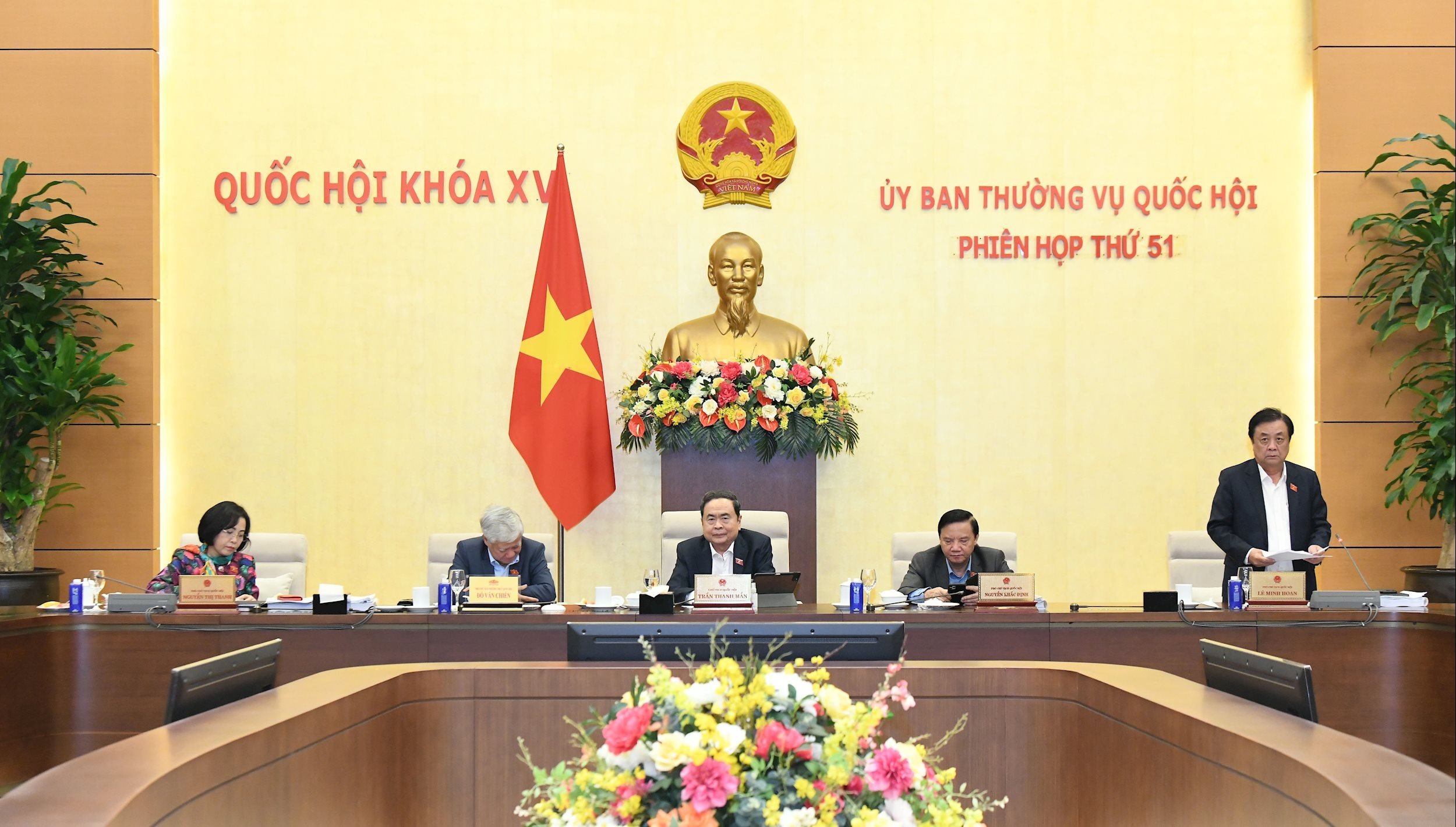
In his concluding remarks on this content, Vice Chairman of the National Assembly Le Minh Hoan acknowledged that the draft Law has many new, complex, and in-depth contents, and the preparation time is very urgent. However, the Government, the Ministry of Science and Technology, the Committee on Science, Technology and Environment, and the agencies of the National Assembly have tried very hard to carry out the assigned tasks.
To ensure the quality of the draft Law submitted to the National Assembly for consideration and approval, the Vice Chairman of the National Assembly requested the Government to direct the drafting agency and relevant agencies to review, research, absorb, and fully explain in accordance with the opinions of the National Assembly Standing Committee and the appraisal opinions of the Ethnic Council and the agencies of the National Assembly. Accordingly, this law is unified as a framework law to be submitted to the National Assembly.
On that basis, the Vice Chairman of the National Assembly proposed to continue reviewing to ensure full institutionalization of the Party's guidelines and the State's policies; consistency and synchronization with the legal system, especially the Law on Science, Technology and Innovation, the Law on Digital Technology Industry, the Law on Data, the Law on Cyber Security... and the draft laws being presented at this Session. Strictly implement the Politburo's regulations on controlling power and preventing corruption and negativity in law-making work.
Source: https://daibieunhandan.vn/du-thao-luat-tri-tue-nhan-tao-lay-con-nguoi-la-trung-tam-quan-tri-can-bang-va-hai-hoa-10395999.html








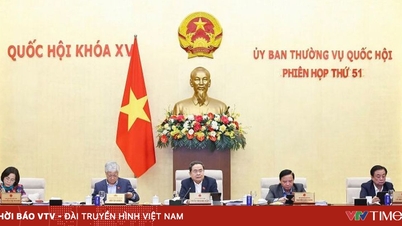

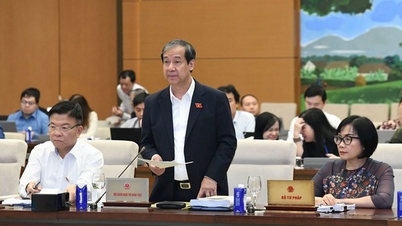

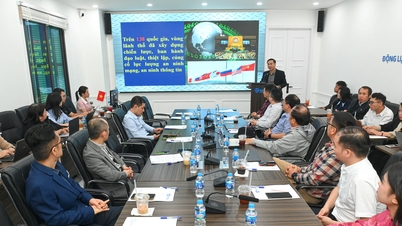

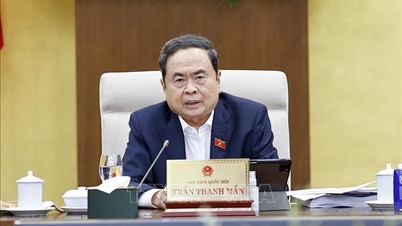



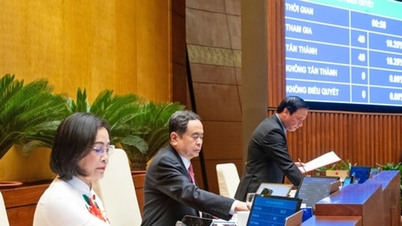


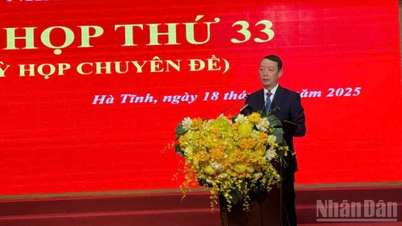

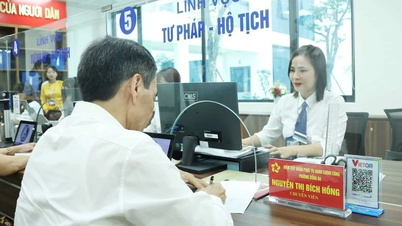



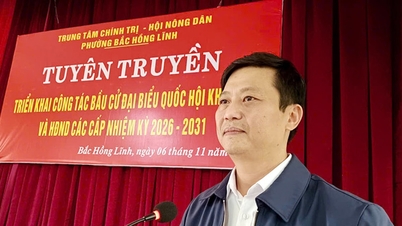





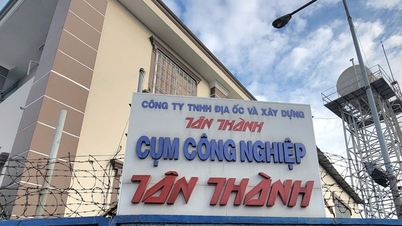
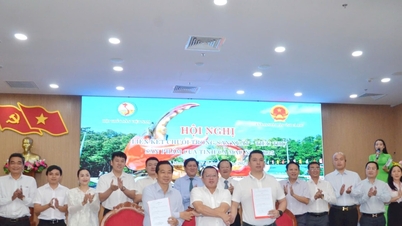
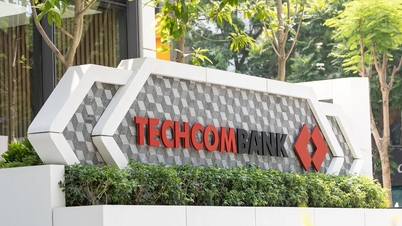

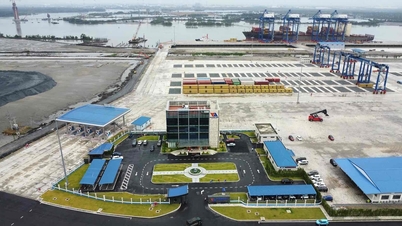


![[Photo] General Secretary To Lam and National Assembly Chairman Tran Thanh Man attend the 80th Anniversary of the Traditional Day of the Vietnamese Inspection Sector](https://vphoto.vietnam.vn/thumb/1200x675/vietnam/resource/IMAGE/2025/11/17/1763356362984_a2-bnd-7940-3561-jpg.webp)





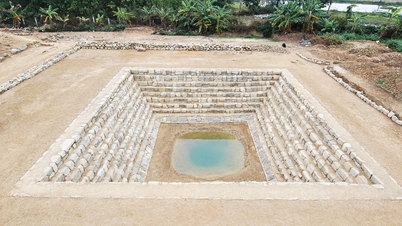
















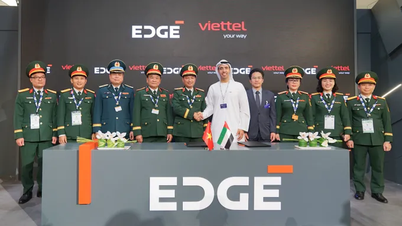

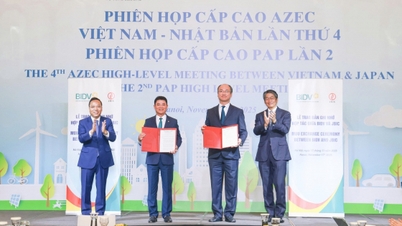




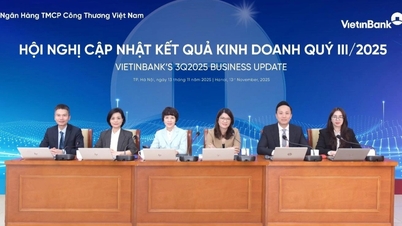













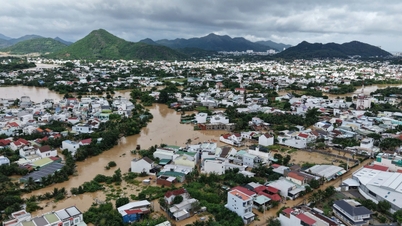


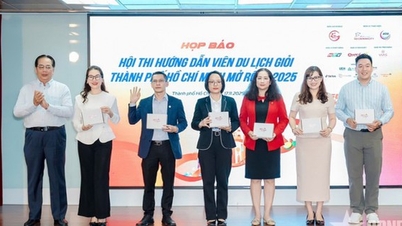



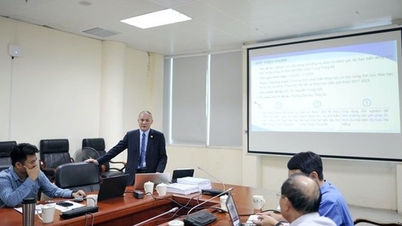




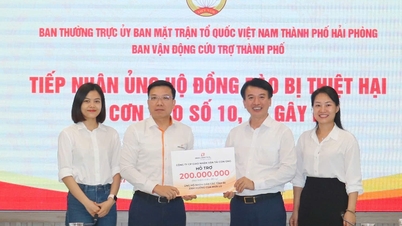





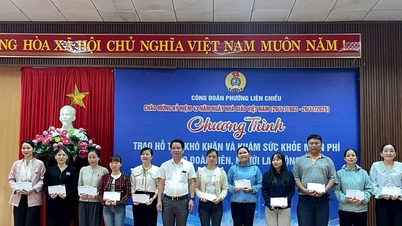














Comment (0)